UK food security and supply chain stability continues to face substantial challenges, posing a severe threat to the availability of essential commodities. From shortages and logistics disruption to extreme weather and war, this article outlines the biggest factors impacting UK food security now
A perfect storm of global and domestic problems continue to pose a threat to the UK’s food supply chain and security now and long into the future.
From farmers struggling to grow crops in extreme and unpredictable weather, to supply chains continuing to grapple with international conflict disrupting trade routes, here are the biggest challenges to UK food security:
Supply chains left exposed
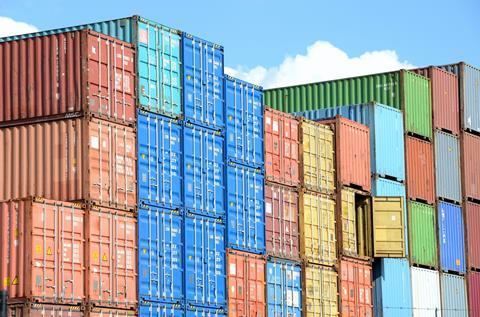
UK food supply chain vulnerabilities brought to light by the pandemic have been compounded and further exposed in recent months.
Key issues have included IT issues and theft, inefficiencies and stockpiling were among some of the industry’s weaker fronts exposed, while the sector saw there was also a need for greater collaboration between retailers and suppliers.
What is impacting UK food supply chains:
-
Why fruit & veg shortages are only a tiny bit about Brexit
-
The race for onshoring: How Britain’s food supply is coming home
-
Battered supply chains put food and drink at highest theft risk
-
Trade unions need more involvement for fair pay in banana supply chain
Climate change and extreme weather destroying crops
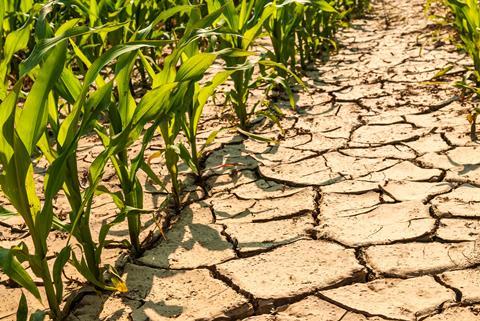
Extreme weather events, including heatwaves, droughts and heavy rainfall, have had a significant impact on both UK agriculture and food production in key growing regions across Europe and Northern Africa. Adverse weather affects crop yields, livestock farming, and the overall availability and quality of fresh produce.
The growing unpredictability of weather patterns also makes it harder for suppliers and retailers to prepare for such events. As climate change poses a long-term threat to food security, the need for adaptation and sustainable farming practices grows stronger.
UK and European farmers struggle to grow produce
-
Britain’s 2023 apple crop smaller but sweeter due to 2022 heatwaves
-
Does climate breakdown make more food shortages inevitable?
-
European heatwave to push up fruit & veg prices, experts warn
-
Britain can’t grow its way out of Europe mega-weather food supply threat
Buying and supplying

Food industry buying and supplying practices have come under scrutiny. Issues such as unfair trading, pricing pressures, and the need for greater transparency in supply chain relationships can affect the stability and resilience of the food system, potentially compromising food security.
Recommended:
-
‘Profiteering’ fertiliser companies key drivers of food inflation, study claims
-
Cracks are beginning to show in the global chocolate market
-
Apple growers forced into the red despite supermarket price hikes
-
Where have Britain’s missing apples gone?
-
Britain’s strawberries are at risk unless a fair price is paid
-
Tesco fulfilment fees in spotlight as Adjudicator aims warning shot over ‘pay to stay’
-
Farmers handed power to challenge supermarket milk prices
-
Egg producers may be over the worst but they’re not out of the woods
Brexit

The UK’s protracted break-up with the European Union has had far-reaching food industry implications, affecting trade, regulations, and labour availability. Labour shortages derived from Brexit have resulted in tonnes of wasted fresh produce, a key issue for British farmers facing millions in costs. Additionally, Brexit and its associated costs and bureaucracies has meant the UK is typically at the back of the queue whenever there are shortages in food supply in Europe.
A combination of changes in customs procedures, tariffs, and regulatory frameworks have created uncertainties and challenges for businesses, affecting the smooth flow of goods and potentially affecting food security.
Recommended:
-
Brexit key cause of exports decline, government data shows
-
Christmas food under threat due to new Brexit rules
-
Fruit & veg prices to increase due to post-Brexit border checks
-
Another Brexit border delay, another false start for the food industry
-
Could new Brexit border controls spell the death of UK delis?
Russia-Ukraine conflict

Russia’s invasion of Ukraine and the ongoing conflict has exposed cracks in the stability of global commodity markets, affecting food prices, supply chains, and international trade.
As the UK relies heavily on both Ukrainian and Russian imports including grains such as wheat and corn as well as vegetable oils and fertiliser for domestic food production, the conflict continues to threaten food security for British farmers and consumers.
Recommended:
-
India and Ukraine grain shortages deal fresh blow for global food inflation
-
Food security alert after Ukraine grain deal falls through
-
Russian attacks on Ukrainian ports fuel grain shipping concerns
Farming
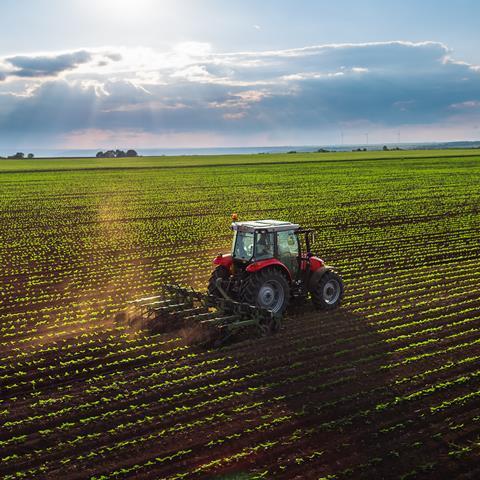
Farming has been hit from all sides in 2023, and has felt the brunt of the labour crisis, the impact of changing agricultural policies, low returns from buyers and rising demand for more sustainable farming practices, while extreme weather continues to rock food production globally.
Recommended:
-
How long before eggs crack under the pressure? Eggs category report 2023
-
Fruit & veg crisis: farmers slam Thérèse Coffey’s response
-
Riverford boss slams supermarket treatment of suppliers
-
NFU data puts farmer confidence at lowest since before Covid
-
Is British farming facing an existential crisis?
-
I led a review into labour in the food supply chain – and the problems are apparent
-
How to solve a problem like fresh produce: category report 2023
-
John Shropshire labour review calls for long-term seasonal worker scheme
-
Growers warn berry sector is ‘financially unsustainable
Topics
- Availability
- Avian flu
- Brexit
- Climate
- Commodities
- Coronavirus
- Cost of living crisis
- Cybersecurity
- Economy
- Exports
- Farming
- Food security
- Government and Regulation
- Government policy
- Imports
- Industrial action
- Inflation
- International trade
- Labour crisis
- Politics
- Regulation
- Russia-Ukraine conflict
- Sourcing
- Supply Chain
- Tariffs
- Thérèse Coffey







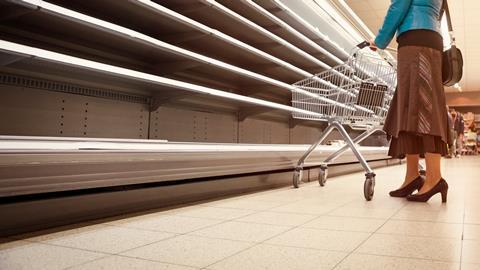



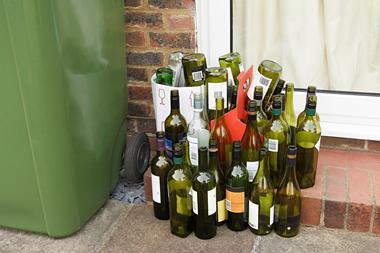








No comments yet